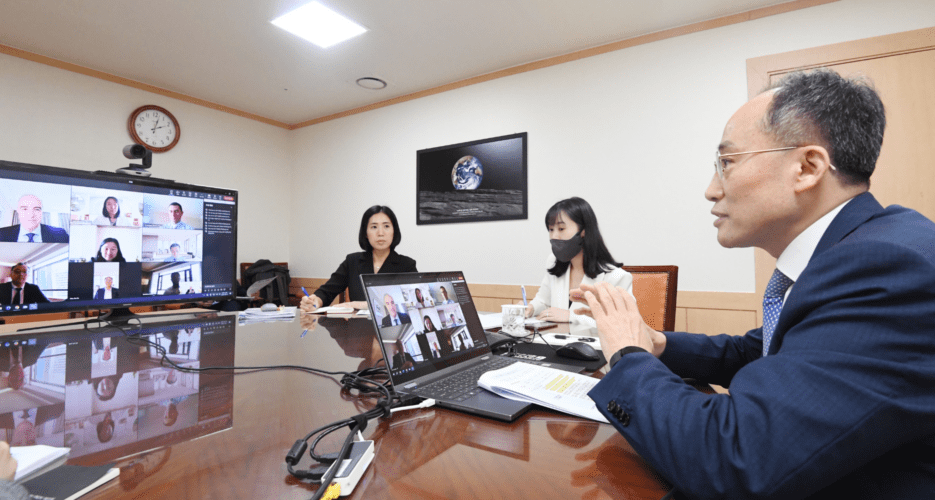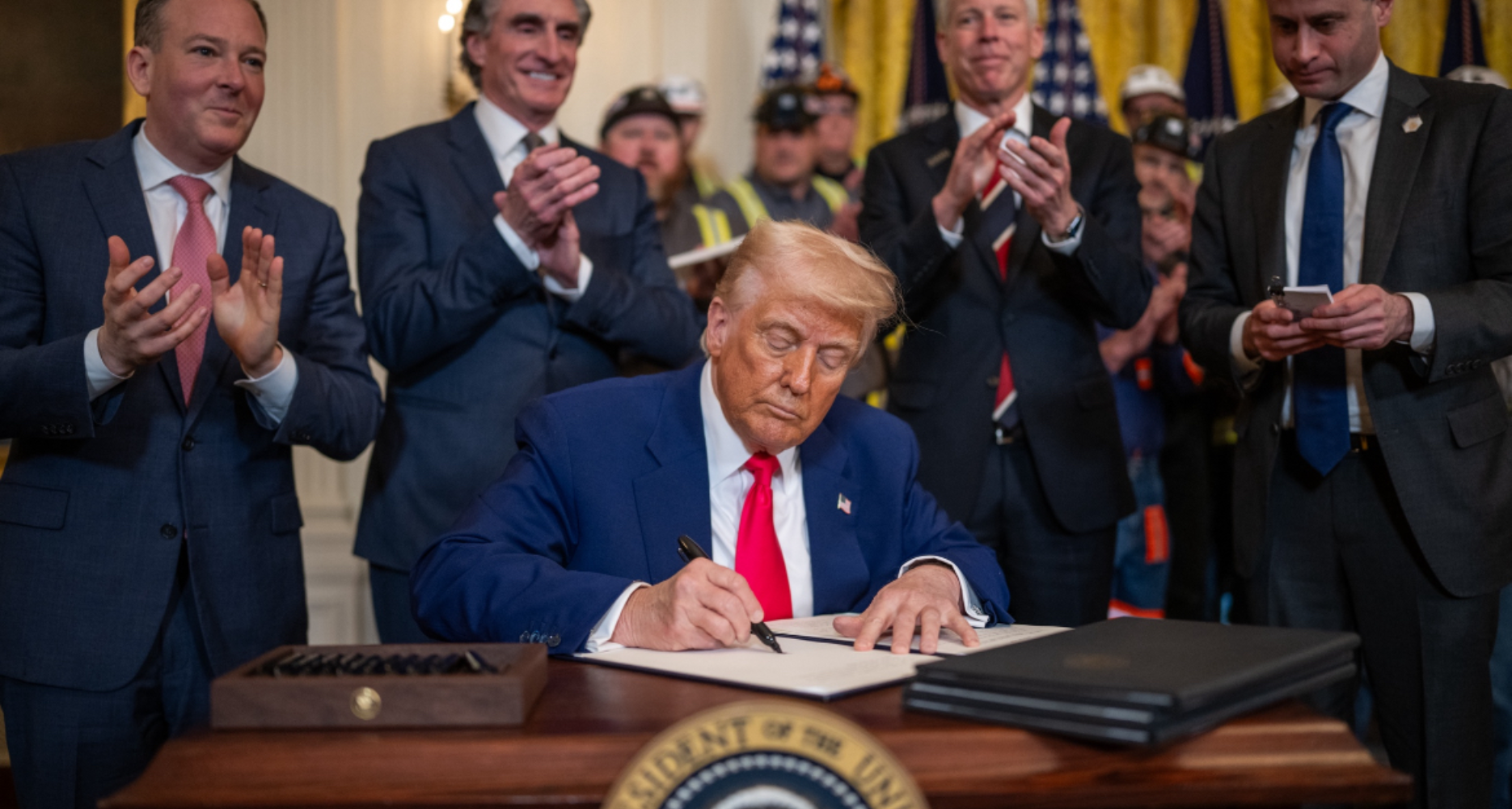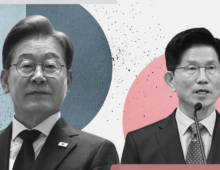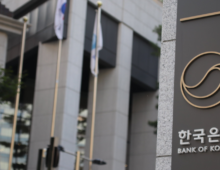The International Monetary Fund (IMF) underscored the importance of South Korea’s commitment to its restrictive fiscal and monetary strategies during its team’s recent visit. Harald Finger, Korea missions chief at the Washington-based organization, highlighted that even though South Korea experienced a sharper-than-expected inflation rate of 3.4% in August, driven mainly by higher prices of agricultural and manufactured goods, inflation should gradually settle, targeting 2% by the end of 2024.
The Yoon administration unveiled a budget for 2024 last week that called for the smallest annual hike in spending in nearly two decades. Capped at $496.5 billion (656.9 trillion won), the budget marked the most modest increase since 2005 at just 2.8%. Finger expressed confidence in this budgetary approach, suggesting that it would aid in controlling inflation and curb the further accumulation of public debt without hindering the nation’s growth prospects.
The International Monetary Fund (IMF) underscored the importance of South Korea’s commitment to its restrictive fiscal and monetary strategies during its team’s recent visit. Harald Finger, Korea missions chief at the Washington-based organization, highlighted that even though South Korea experienced a sharper-than-expected inflation rate of 3.4% in August, driven mainly by higher prices of agricultural and manufactured goods, inflation should gradually settle, targeting 2% by the end of 2024.
The Yoon administration unveiled a budget for 2024 last week that called for the smallest annual hike in spending in nearly two decades. Capped at $496.5 billion (656.9 trillion won), the budget marked the most modest increase since 2005 at just 2.8%. Finger expressed confidence in this budgetary approach, suggesting that it would aid in controlling inflation and curb the further accumulation of public debt without hindering the nation’s growth prospects.
Get your
KoreaPro
subscription today!
Unlock article access by becoming a KOREA PRO member today!
Unlock your access
to all our features.
Standard Annual plan includes:
-
Receive full archive access, full suite of newsletter products
-
Month in Review via email and the KOREA PRO website
-
Exclusive invites and priority access to member events
-
One year of access to NK News and NK News podcast
There are three plans available:
Lite, Standard and
Premium.
Explore which would be
the best one for you.
Explore membership options
© Korea Risk Group. All rights reserved.
No part of this content may be reproduced, distributed, or used for
commercial purposes without prior written permission from Korea Risk
Group.












